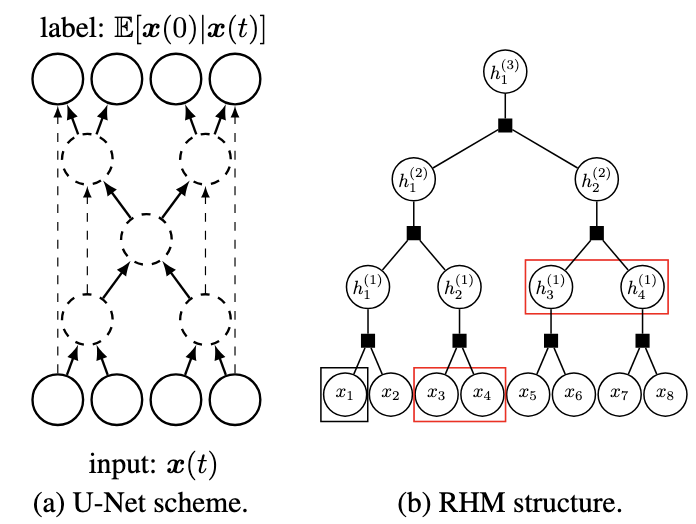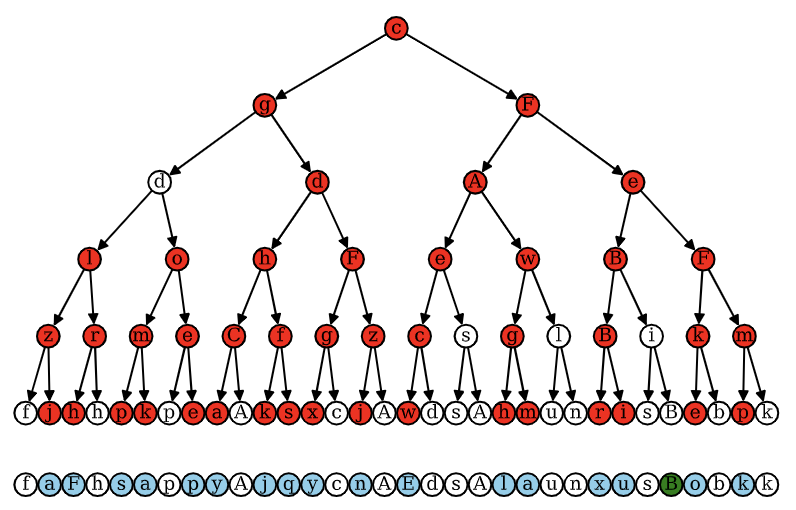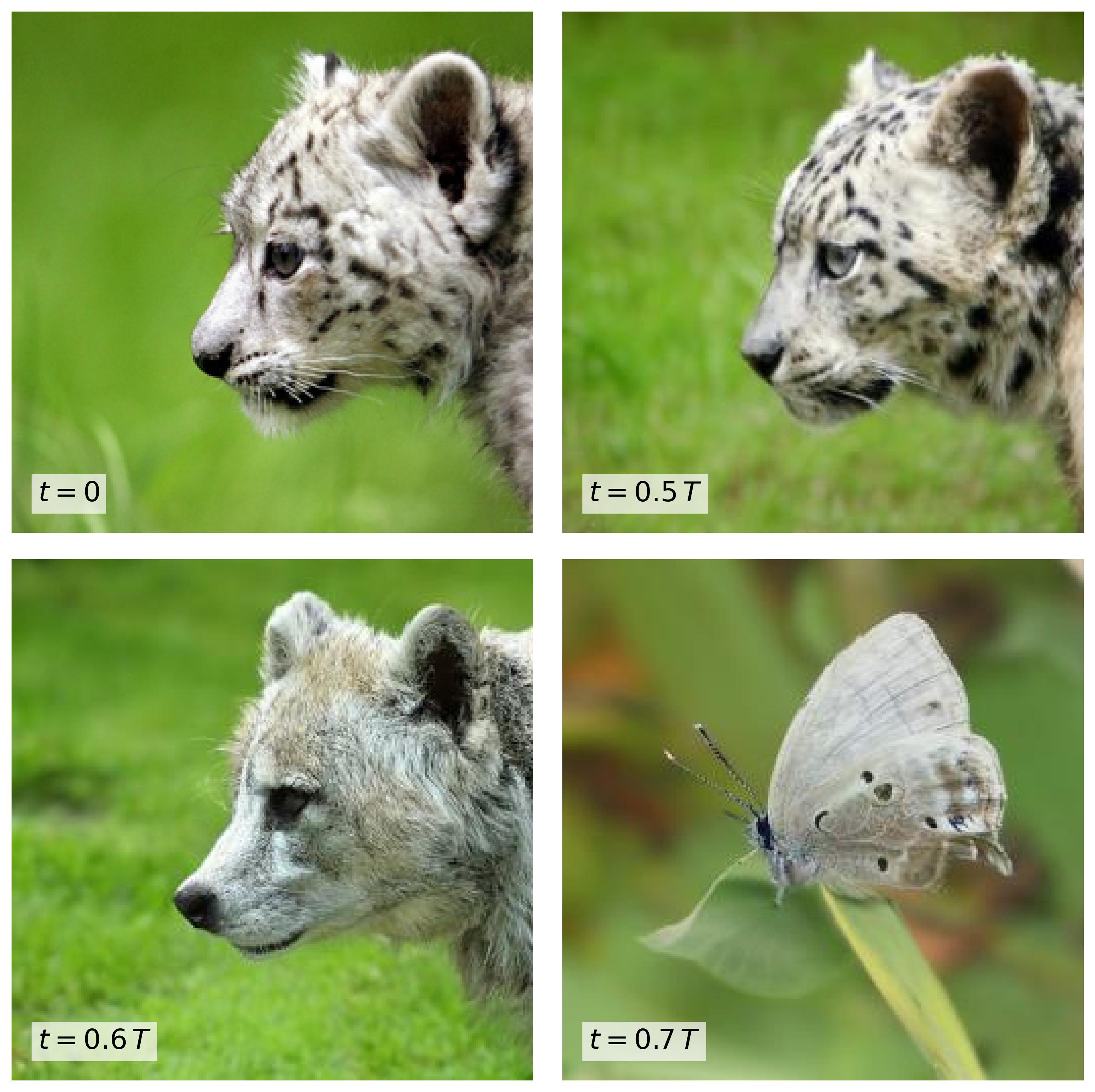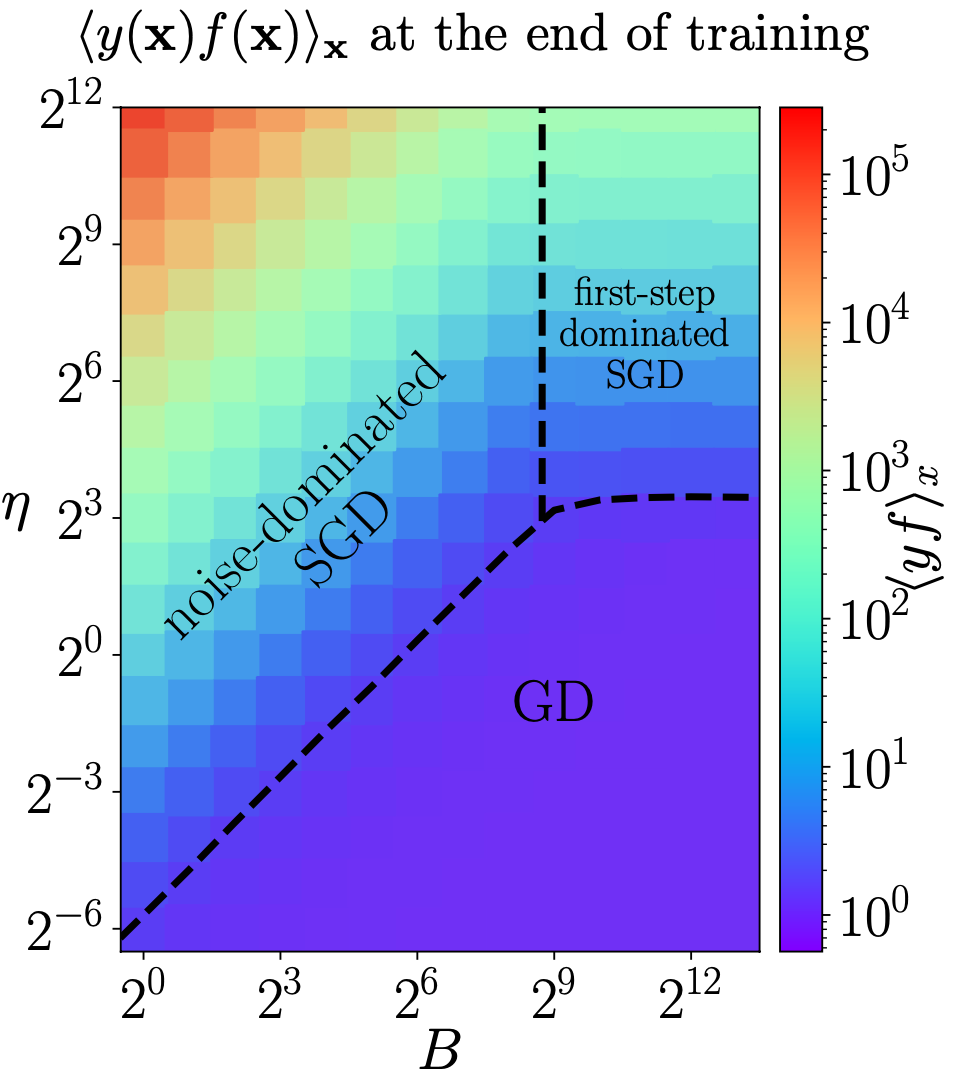A phase transition in diffusion models reveals the hierarchical nature of data
Antonio Sclocchi, Alessandro Favero , and Matthieu Wyart
Proceedings of the National Academy of Sciences, 2025

The success of deep learning is often attributed to its ability to harness the hierarchical and compositional structure of data. However, formalizing and testing this notion remained a challenge. This work shows how diffusion models—generative AI techniques producing high-resolution images—operate at different hierarchical levels of features over different time scales of the diffusion process. This phenomenon allows for the generation of images of various classes by recombining low-level features. We study a hierarchical model of data that reproduces this phenomenology and provides a theoretical explanation for this compositional behavior. Overall, the present framework provides a description of how generative models operate, and put forward diffusion models as powerful lenses to probe data structure. Understanding the structure of real data is paramount in advancing modern deep-learning methodologies. Natural data such as images are believed to be composed of features organized in a hierarchical and combinatorial manner, which neural networks capture during learning. Recent advancements show that diffusion models can generate high-quality images, hinting at their ability to capture this underlying compositional structure. We study this phenomenon in a hierarchical generative model of data. We find that the backward diffusion process acting after a time t is governed by a phase transition at some threshold time, where the probability of reconstructing high-level features, like the class of an image, suddenly drops. Instead, the reconstruction of low-level features, such as specific details of an image, evolves smoothly across the whole diffusion process. This result implies that at times beyond the transition, the class has changed, but the generated sample may still be composed of low-level elements of the initial image. We validate these theoretical insights through numerical experiments on class-unconditional ImageNet diffusion models. Our analysis characterizes the relationship between time and scale in diffusion models and puts forward generative models as powerful tools to model combinatorial data properties.








